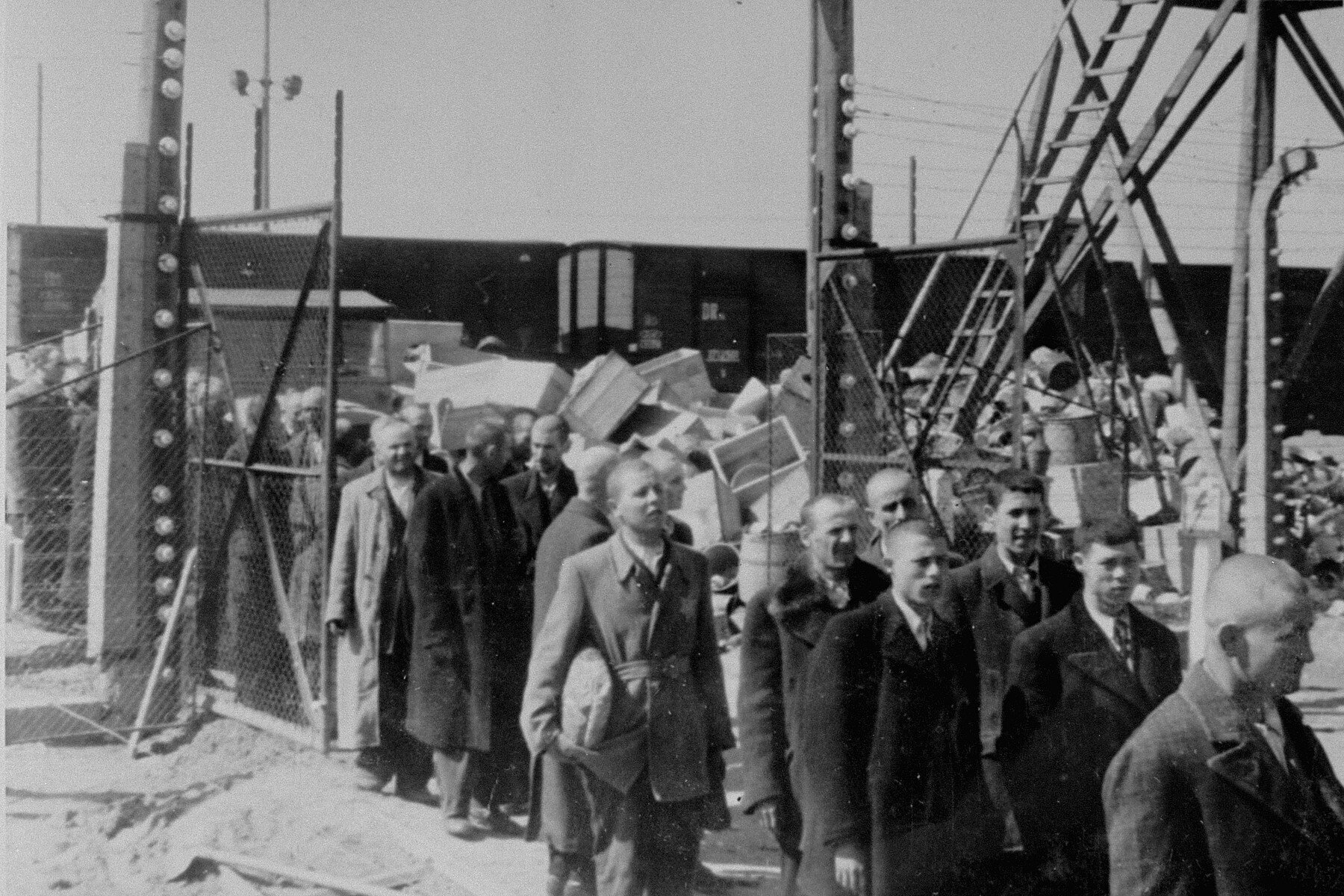
As social beings, humans have evolved to live together.
We depend on our families and members of our community to share the work of survival: growing food, building shelter, caring for children.
Beyond our physical needs, humans also depend on each other for social interaction to sustain our well-being. When a person experiences prolonged isolation from friends and family, negative changes can occur such as changes in sleep cycles, depression, anxiety, or panic attacks. Social isolation also increases our chances of developing certain illnesses and diseases like stroke and dementia.
From 1933 to 1945, those deemed inferior or unwanted by Hitler and the Nazi party faced many forms of isolation. Through the use of propaganda and censorship, those targeted were slowly isolated from society. These groups saw their civil rights gradually taken away, eventually losing the rights and protections of citizenship. Without these protections, the Nazis were able to begin physically segregating these groups from society with the introduction of ghettos and, later, killing centers. For survivors of Hitler’s twelve-year regime the long-term effects of isolation continue to affect them decades after the Holocaust.
Learn more about the psychological effects of isolation from our partners at Jewish Family Services.
Being able to interact with other people is fundamental to our survival. In the midst of the pandemic, when millions of people are quarantining in their homes, what are you doing to connect with family and friends?

Exhibit Panels Navigation | Introduction // Intimidation // Exclusion // Separation // Loss // Survival // Aftermath
presented by






